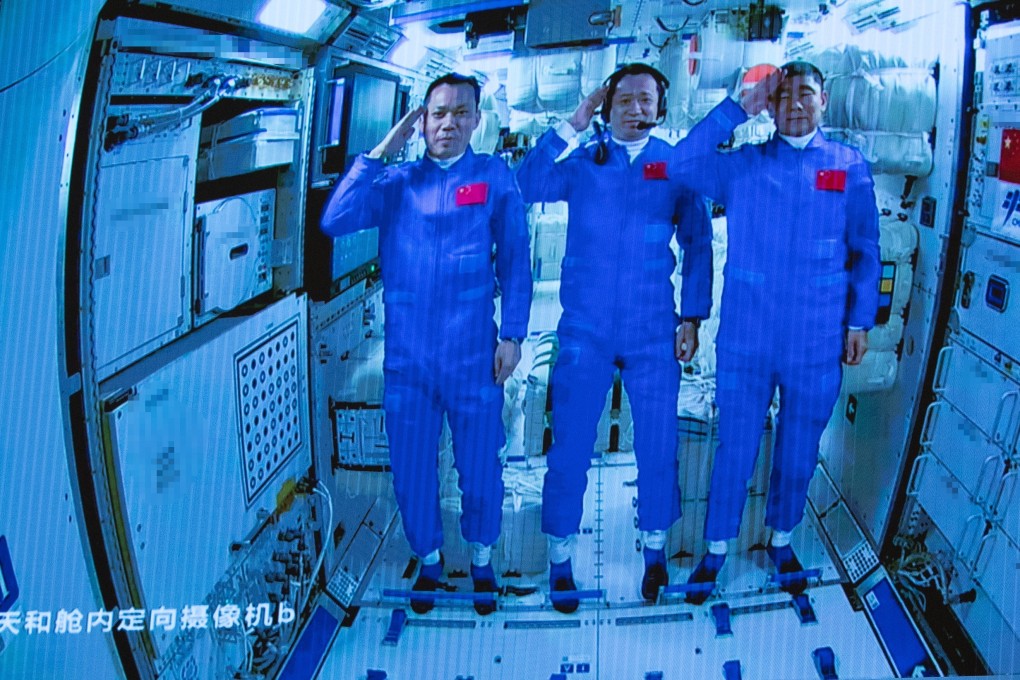Opinion | Free international calls via the internet and live video links to space are a far cry from what we used to tolerate phoning other countries
- Once upon a time, the cost of an international telephone call could cut short even the most emotional conversation
- Cheeky callers devised ways of scamming the system, giving names to operators that were really coded messages

Forking over a handful of cash to make an international telephone call used to happen all the time. People would call from their home phones and within a few weeks a phone bill would arrive in the post with calls neatly itemised and added into frightening totals. Travellers abroad rang home on hotel phones, public phones or from ancient phone shops with glass cubicles.
Once upon a time, the cost of an international telephone call could cut short even the most emotional conversation, but cheeky callers had ways of scamming the system.
Before the age of mobile phones, travellers could ring home with a collect call, sometimes called a “reverse charge” call, or via a “person-to-person” call.
A caller first rang the international operator and provided their name. The operator then rang the international number and asked the person receiving the call whether they would accept the charges or, with a person-to-person call, whether the intended recipient was there. Calls were often punctuated with long pauses, echoes and sonar-type boinng noises.
Penniless callers, in a trick once described by the late writer Jessica Mitford, could give their name as something like Ms Alice Okey, which told the friend or relative they were calling that “All is OK”. The message of well-being was conveyed to anxious loved ones and the call could then be declined without costing anyone anything.
